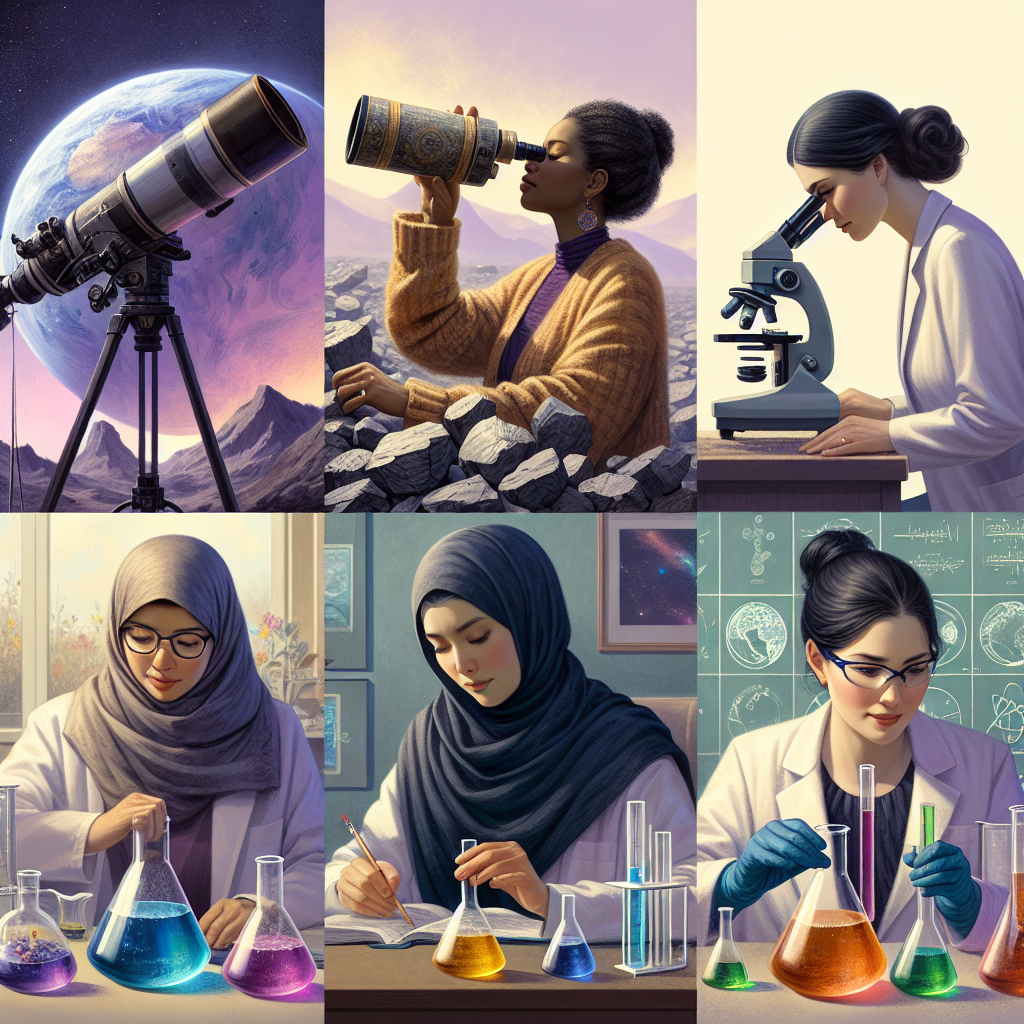Virtual Scientists Revolutionize Vaccine Development at Stanford
Virtual scientists at Stanford University are exploring unique strategies to tackle clinical challenges. By leveraging AI, they have developed innovative approaches such as using nanobodies for COVID-19 vaccines. This groundbreaking method indicates potential improvements in vaccine effectiveness by ensuring stable and strong virus attachments.

Stanford University's virtual scientists are making waves in clinical research by employing AI to devise innovative solutions for major health challenges. Reported in Nature, the virtual lab replicates the dynamics of a traditional lab, complete with principal investigators and seasoned scientists.
In a striking departure from traditional methods, the virtual team explored using nanobodies—smaller, simpler antibody fragments—as a potential COVID-19 vaccine. This unconventional approach, derived from AI-driven meetings, proved effective when tested in real-world labs, showing potential improvements in stability and virus attachment.
AI researchers, seldom guided, operate largely autonomously, suggesting new therapeutic avenues that exceed human expectations. These findings underscore the role of virtual scientists in advancing medical research beyond the limits of human creativity.
(With inputs from agencies.)
ALSO READ
Karman Week 2025: Bridging Borders in Space Innovation
Nuclear Biotech Innovations Take Center Stage at FAO Agrifood Conference in Rome
Kanha Gaushala: A Model of Innovation and Self-reliance in Uttar Pradesh
The Innovation Story: Three-Time Champions in Robotics
Amity Innovation Incubator Unites Startups and Investors in Dynamic Pitch Event










